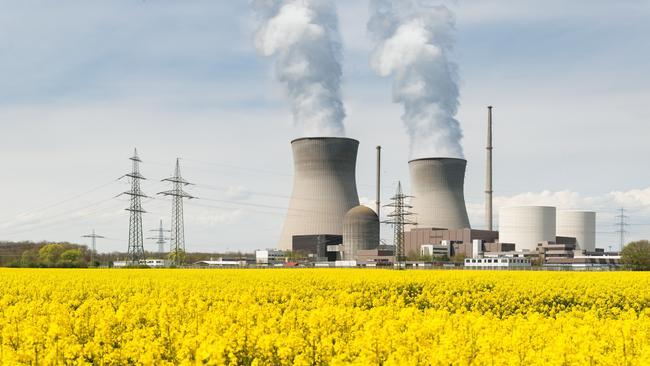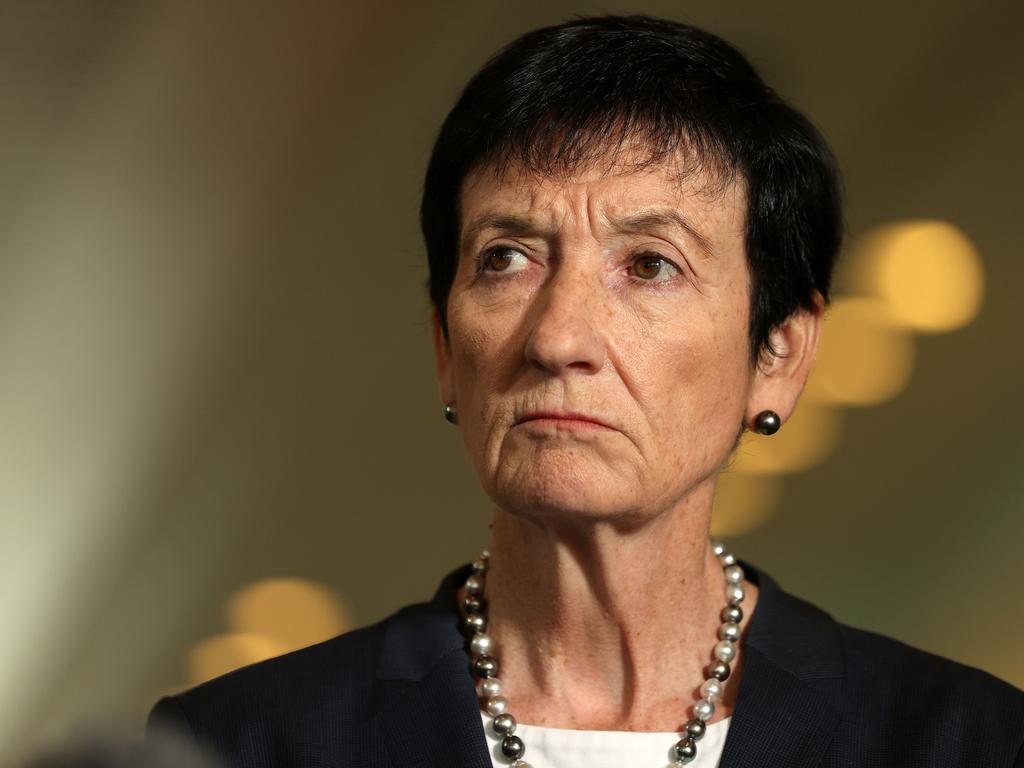
Anyone who recalls the Climate Conference in Copenhagen in 2009 will know these meetings – even when they disappoint at the time – trigger structural changes where investors can win or lose big-time. Look at it this way: Who knew in the miserable aftermath of Copenhagen that 12 years later electric car maker Tesla – barely on the radar back then – would now be most powerful car manufacturer in the world.
For investors, perhaps the biggest surprise so far at Glasgow is a shift back towards nuclear power. This is a vexed energy source; it is carbon-free, it can provide baseload power but it has, of course, been shunned as too dangerous or expensive in many quarters.
Nonetheless, it is emerging as the “least worst” alternative energy if there is to be a transition to “net zero” that does not bring energy market failures and rising prices. What’s more, the world will need uranium to fuel new reactors around the world, especially in China. Last week it was reported that Beijing is working on a plan to build 150 new nuclear stations; this is more than the rest of the world has built over the past three decades.
Australia is the third-most important player in the world uranium market. The local uranium industry has been semidormant for a decade; mining activity on the ground has shrunk to just a couple of mines, but the prices in the sector are now seriously moving higher.
Our biggest miners such as BHP have uranium in their portfolio while a batch of smaller listed companies are now running hot. Over the past 12 months the returns at uranium miners look like this: Paladin Energy is up fivefold; Boss Energy (which has advanced plans for South Australia) has tripled; Lotus Resources has more than doubled.

This action on uranium tells you pragmatic investors will look through the noise: Yes, coal prices have moved higher of late partly because of the squeeze put on it by environmental activists, but long-term investors will know coalmining is mostly likely to peter out slowly as the world turns against it. Perhaps coal will be more like the cigarette industry, which faded as it became sidelined, but remained profitable for longer than anyone expected.
In contrast, uranium-fuelled nuclear power is in the box seat for future decades because it has what you might call “cross-party support” internationally. Many business leaders back it, trade union leaders (including a dozen of the most powerful union chiefs at Glasgow) back it because it provides industrial energy security along with jobs and, importantly, key environmental leaders regularly support it – witness recent lobbying of the German government not to close the last of its nuclear power stations. In Australia we export uranium but we have banned nuclear power. This week the Business Council of Australia effectively called for a review of the ban, with CEO Jennifer Westacott suggesting “it’s time for us to do the work and do the thinking” on nuclear power.
In the months ahead it is widely expected nuclear power will be awarded the highest “green” labelling under new EU rules, further bolstering the case for uranium’s revival. In fact, the EU’s efforts – promoted at Glasgow – to pin down global definitions and standards around “green” investing will be crucial to the future of industry and finance. Natural gas may also get this tick of approval from Brussels, because it is less carbon-polluting than its fossil fuel cousins, coal and oil.
Many investors are understandably cynical about so-called ESG (Environmental Social and Governance) investing, which is now dominating funds management. The area is riddled with loose definitions that leave room for companies to exaggerate their green commitments. The global body for international accounting standards told the Glasgow conference last week it is aiming to create a single set of worldwide standards “to properly assess opportunities and risks relating to sustainability and climate change”. At a stroke a change like this could name and shame the worst greenwashers in global finance.
There are also moves to create globally consistent standards in the area of carbon credits where prices are rising almost as fast as uranium. A strong carbon credits market could make a major change to farm economics in the near future, with reports of land being accumulated by big investors to position for this new trade.
In some ways this is a key outcome of the Glasgow “moment”. The unlikely coalitions around net-zero demands; the combination of business leaders, unions and some environmental activists on nuclear power, the odd liaison between hedge funds and farmers on carbon credits, and coming up next? A potentially fruitful “green” deal between older Australian investors and the Morrison government.
With the government’s momentous decision to plan for net zero by 2050, the National Seniors advocacy group has jumped at the opportunity to advance a plan that would have the government issue “green bonds”. These would be government-secured bonds for retirees offering guaranteed interest between 1.2 and 3.1 per cent depending on the level of investor commitment.
What a good idea? The government would get private investment into carbon emissions reduction, yield-hungry older Australians would get secure income and the Australian net-zero target would get a little closer with or without help from Glasgow.






Behind the pledges and platitudes at the Glasgow climate conference there are key signals for the active investor: The standout is the potential of nuclear power to replace coal, and that’s just one of many changes coming down the line.